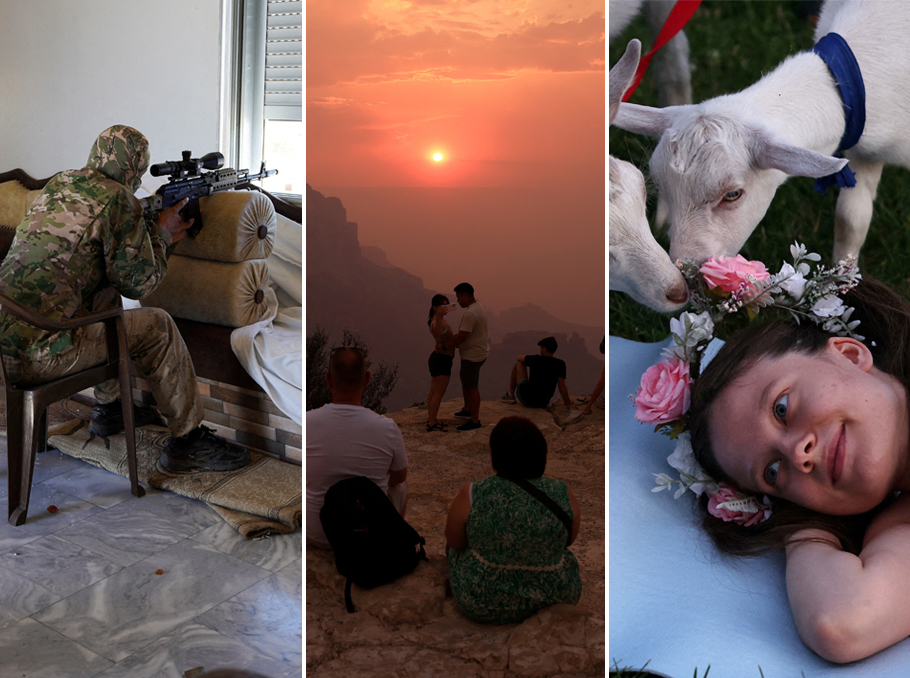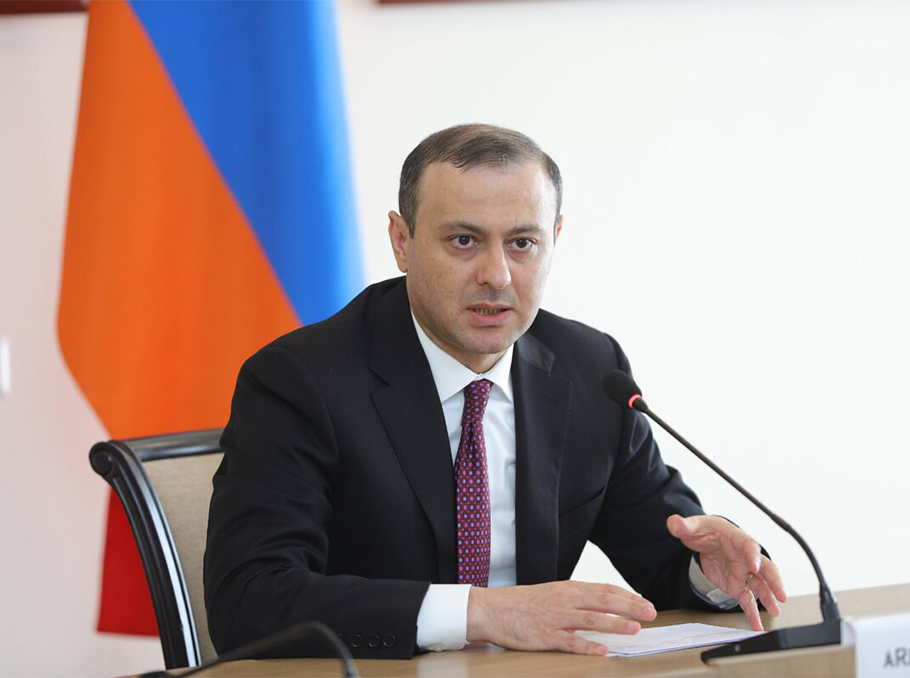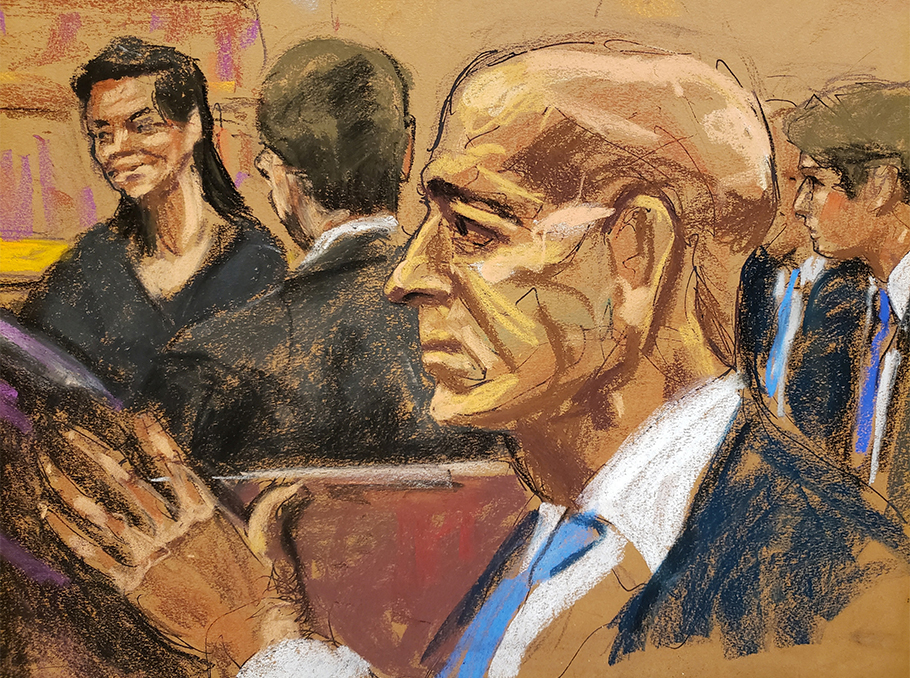AGBU Yerevan launched a number of workshops with directors and actors within the framework of Golden Apricot international film festival. German director, cinematographer Fred Kelemen was the first to talk to audience on July 11.
It happens that a person look at somebody and something happens. I met Bela Tarr (acclaimed Hungarian film director) in a café. I did not know him. Two days later I suddenly met the same man in the office of the Script school in Berlin. We remembered each other from the café, I told him I was studying there. He said to me that he was giving a three day workshop and I participated. We became friends and in 1995 he asked me to come and to work with him.
***
One of the most important topics while making a film is thinking about the beginning and the end. The beginning is the birth of the film and the end is like the death of the film. So the beginning of the film is after the darkness in the screening room, which is destroyed by the light, I mean the projector. The very first second, the first scene of the film is very important regarding the question if there is a connection with the audience, as they are facing the film for the first time. The first minutes decide, if somebody wants to follow the journey. The same thing happens at the end, there is a darkness, after the film finishes. Like in life, I think it is quite important how we are born and we die. And in between the beginning and the end the life is.
***
From the very beginning of my studying at that school I was much interested in the movement of the camera. While working on a film there is a choreography that takes place between the camera and the actors. Before shooting the scene we rehearse and everybody knows, what to do and exactly at what moment. But film is more than just knowing the positions.
***
I think in general it is very important to be aware of what we see. Of course, when we talk about films, we mean the visual aspect. But we also can understand it from a physical sense, because we cannot see all with our eyes. We can detect things with our mind and ears, some other centers we have. And if these all centers come together, at that time we are able to see something, which is beyond. The same is in filmmaking, when you make decisions on shooting, concerning the lighting, location, actors, etc. When you see anything, it creates something in your mind and something should definitely happen. That takes place because of connection. This is something we should not create, but give a chance.
Photo: Mediamax
***
We should not create an idea. If there is an idea in your mind, just follow it. We cannot create an idea, we can only receive it and let it transforming into following it.
***
A film is a picture in I think, music is much more deeply related to cinematography than literature for example. Because music gives you a possibility to experience.
***
To learn and to think, these are to important statements for the people working in cinematography. Any art can help to develop the understanding of another art.
***
Filmmakers try to find visual solutions, thinking about a certain economy of narrating. If the director has a task to show a killing in a film, the question is how to show it in a way of emotional efficiency. Bela and me, we are always trying to avoid fakes. And a killing in a film is, of course, a fake. I think it is more true and realistic to transfer the scene, which I consider to be fake.
***
I think that the illusionary characters of the theatre have been taken over by film. So now, we have to find completely different translations of ideas on the stage and in front of the camera. What works for the film, does not work on the stage.
Lena Gevorgyan
Photos: Mariam Loretsyan


























Comments
Dear visitors, You can place your opinion on the material using your Facebook account. Please, be polite and follow our simple rules: you are not allowed to make off - topic comments, place advertisements, use abusive and filthy language. The editorial staff reserves the right to moderate and delete comments in case of breach of the rules.